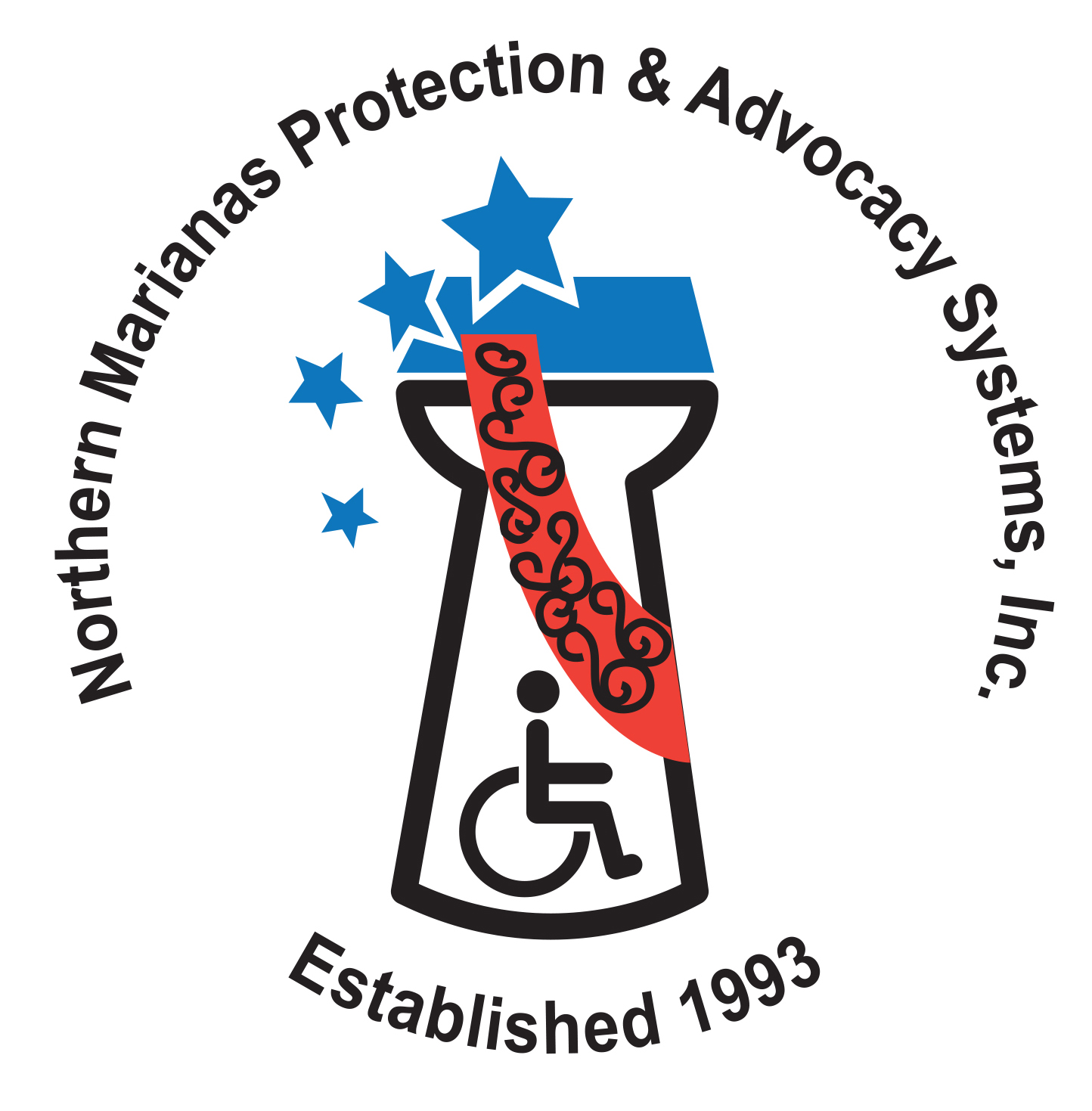The other day I was speaking to a group of students at one of the high schools, when one of them began asking questions about depression. “How do people get depression? What are the signs and symptoms of depression?” I began to inform them that people are depressed for various reasons, one of which could be the result of bullying, or they may have feelings of low self worth. It all depends on the individual, their experiences, and their coping methods.
This discussion led to questions about mania, and bi-polar disorder, then into Schizophrenia (a condition in which someone may see or hear things that are not there). Finally one student asked, “Is that what Deadpool has?” While being a fictional comic book character, I explained that Deadpool has what is considered multiple personality disorder, a real, yet rare disorder. I was intrigued by these questions asked by the students, and impressed mainstream media led them there. I would like to take this opportunity to let our community know more about issues surrounding mental health.
May is recognized by the National Alliance on Mental Illness (NAMI) as Mental Health Awareness Month. Their mission in 2016 is to have people take the Stigma Free Pledge. Stigma is a problem that plagues our country and our islands. It involves us feeling shame or as a mark of disgrace when being labeled by an illness that puts us into a stereotype. As a result of stigma, many do not seek help for their mental health needs in the same way we may seek help for a physical health need. By taking the NAMI Stigma Free Pledge, we are tasked with three responsibilities:
1.) Learn about Mental Health Issues;
2.) See the Person and not the illness, and;
3.) Take action on Mental Health issues.
Let the learning begin. Here are some facts about mental health as provided by NAMI:
1.) 1 in every 5 adults in America experience a mental illness.
2.) Nearly 1 in 25 (10 million) adults in America live with a mental illness.
3.) One-half of all cases of chronic mental illness begin by the age of 14.
4.) Approximately 10.2 million adults have co-occurring mental health and addiction disorders.
I challenge our community to visit the NAMI website (www.nami.org) and take the Stigma Free Pledge. I am not asking you to just join a movement, but to help make a real difference in our community in the way we look at mental health and those who receive its services.
To learn more about mental health issues, please contact the Protection & Advocacy for Individuals with Mental Illness (PAIMI) program through the Northern Marianas Protection & Advocacy Systems, Inc (NMPASI) at 235-7273/4 or visit us online at www.nmpasi.org
Greg Borja
NMPASI projects specialist

